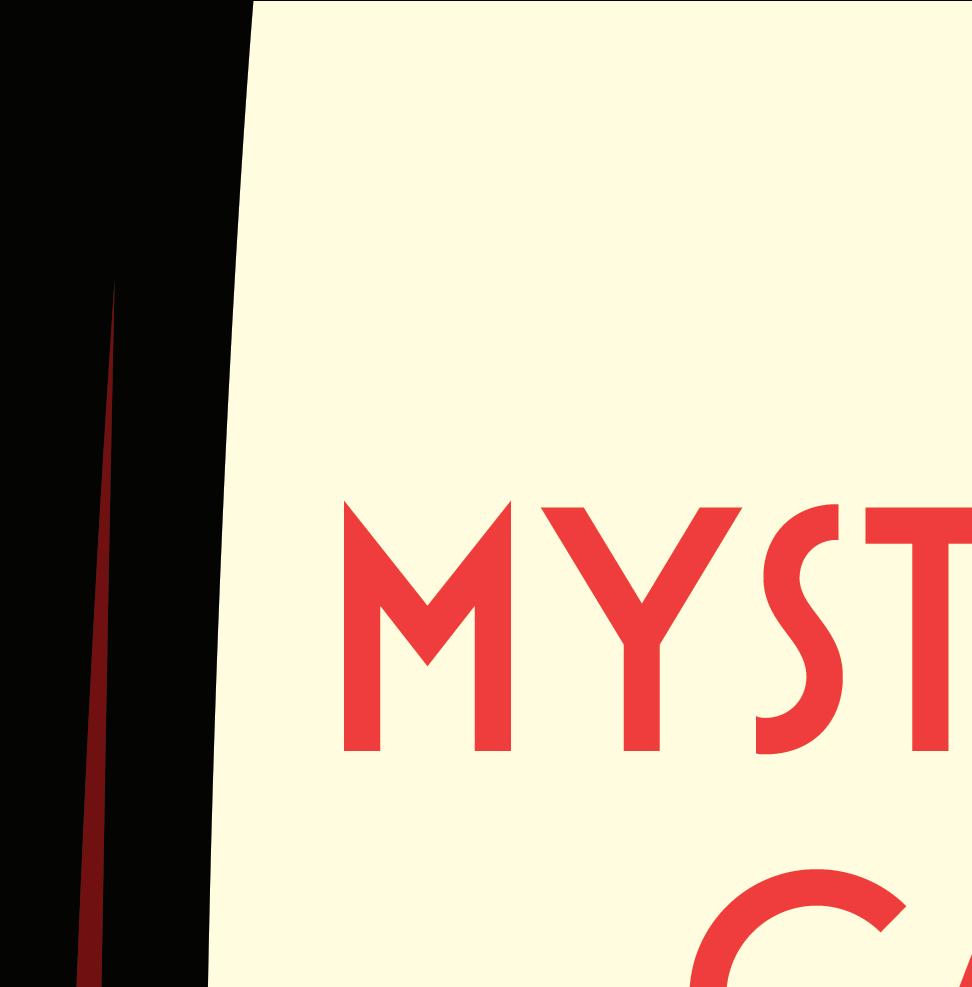
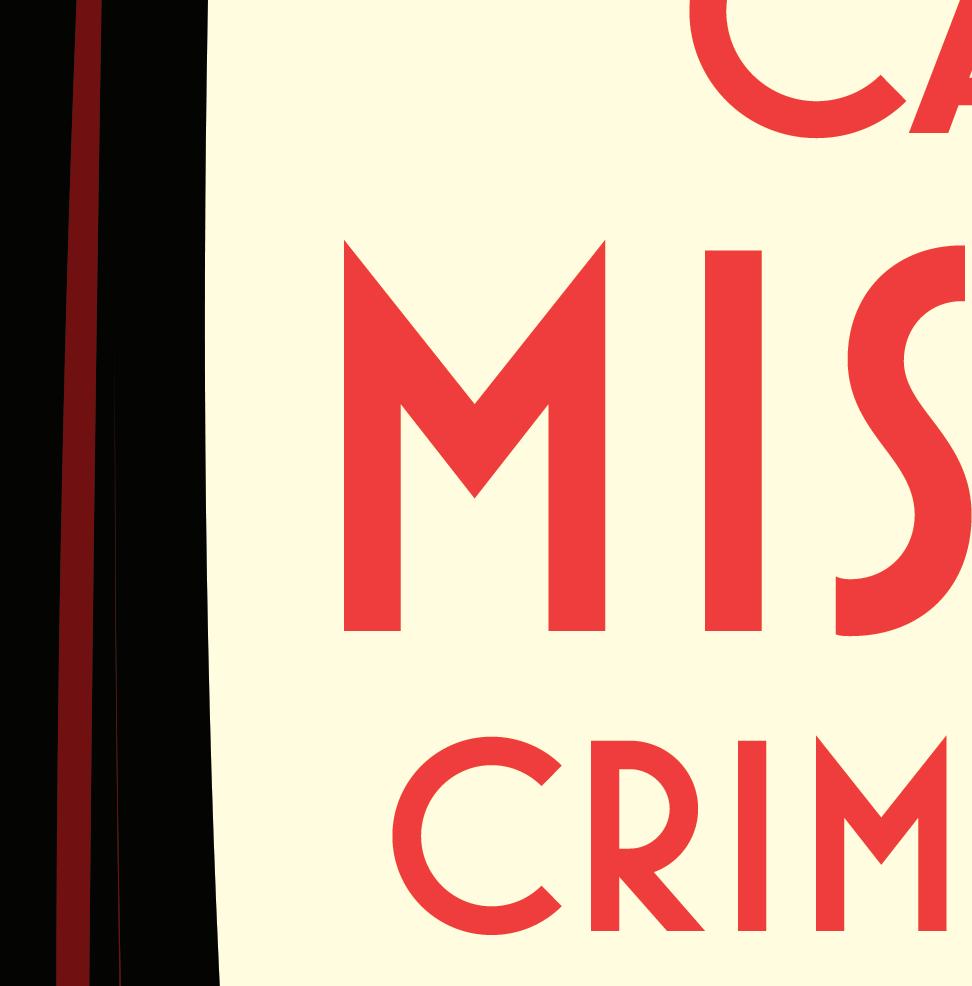
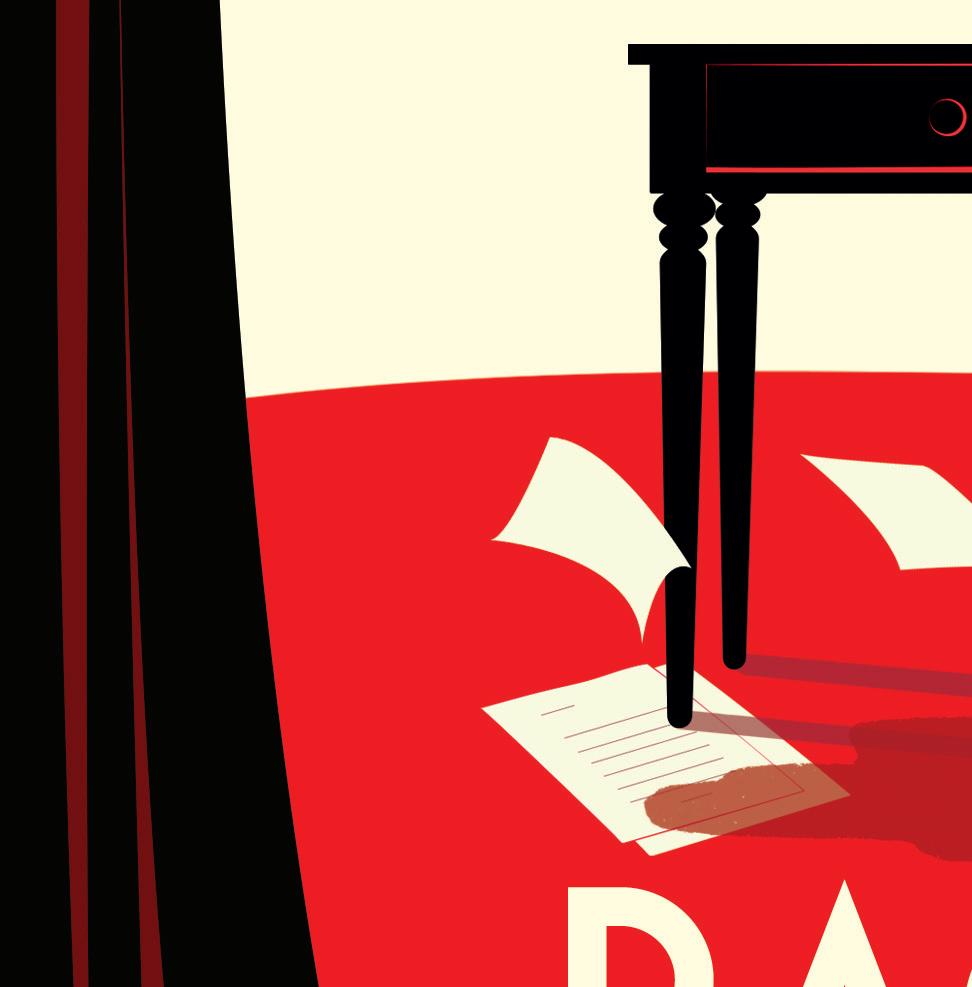
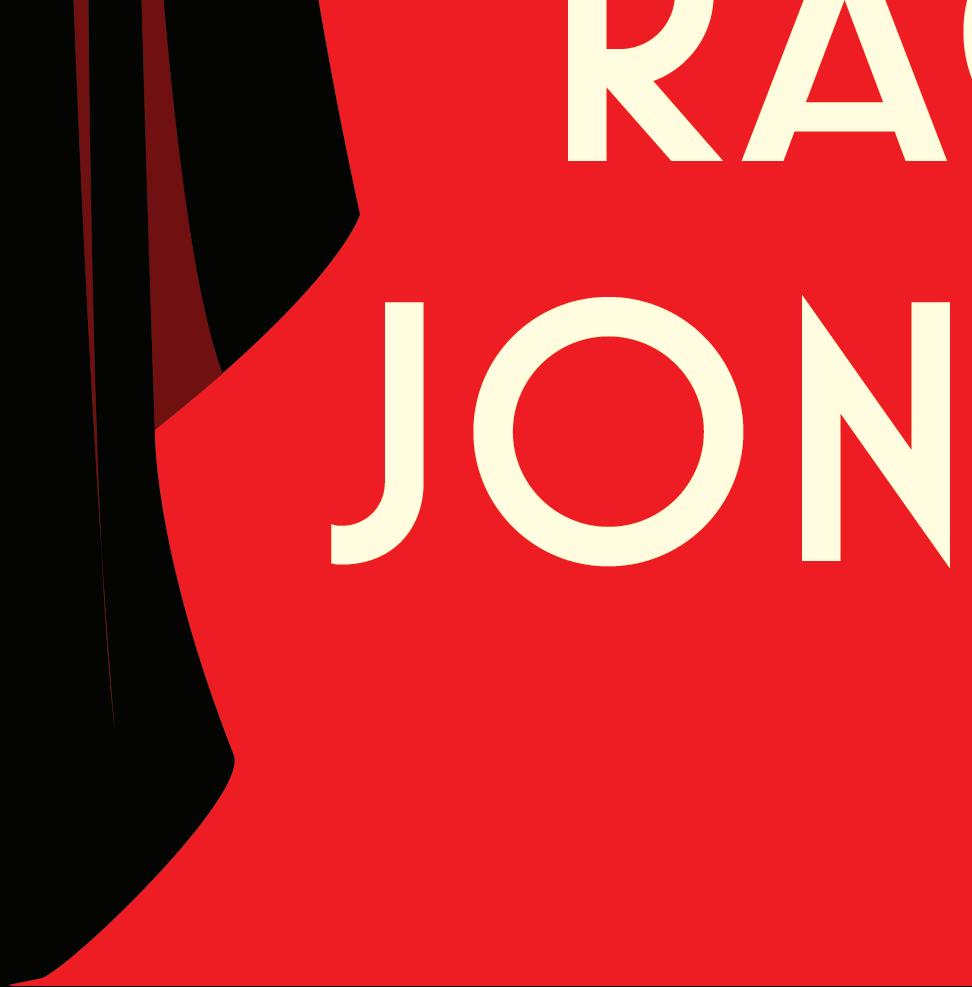
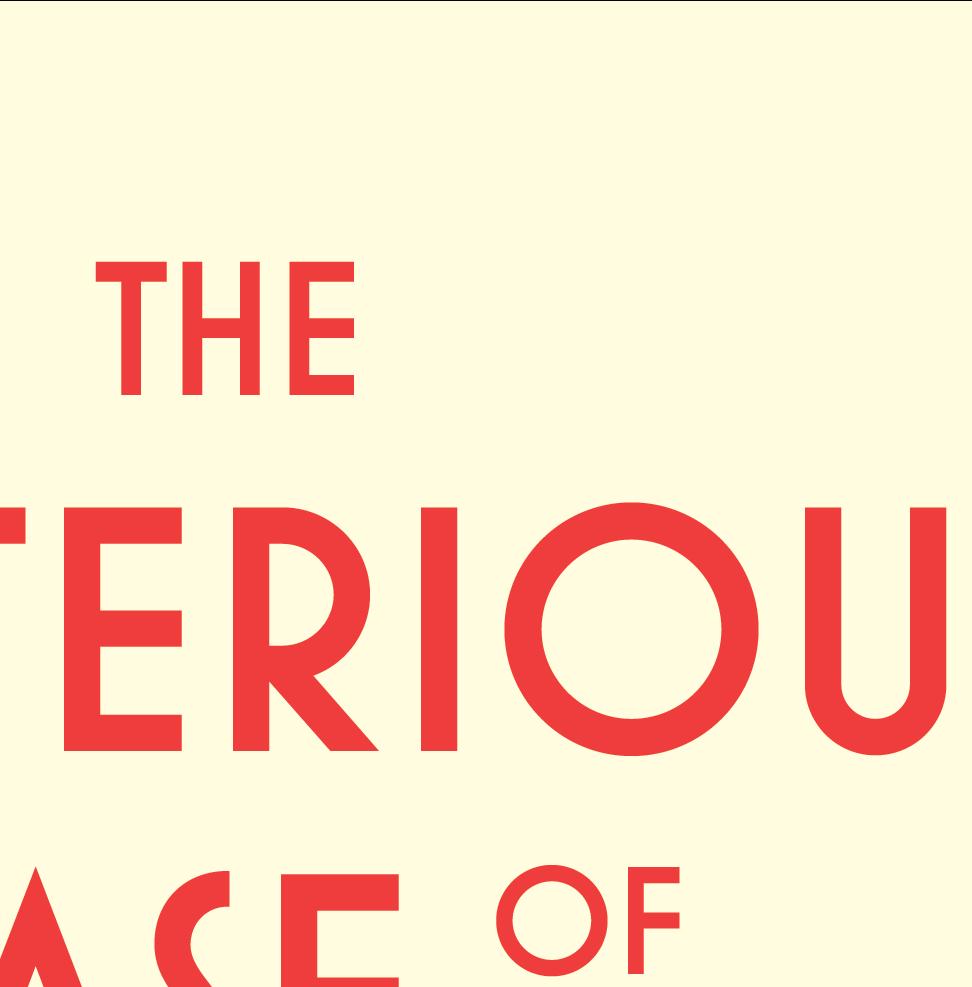
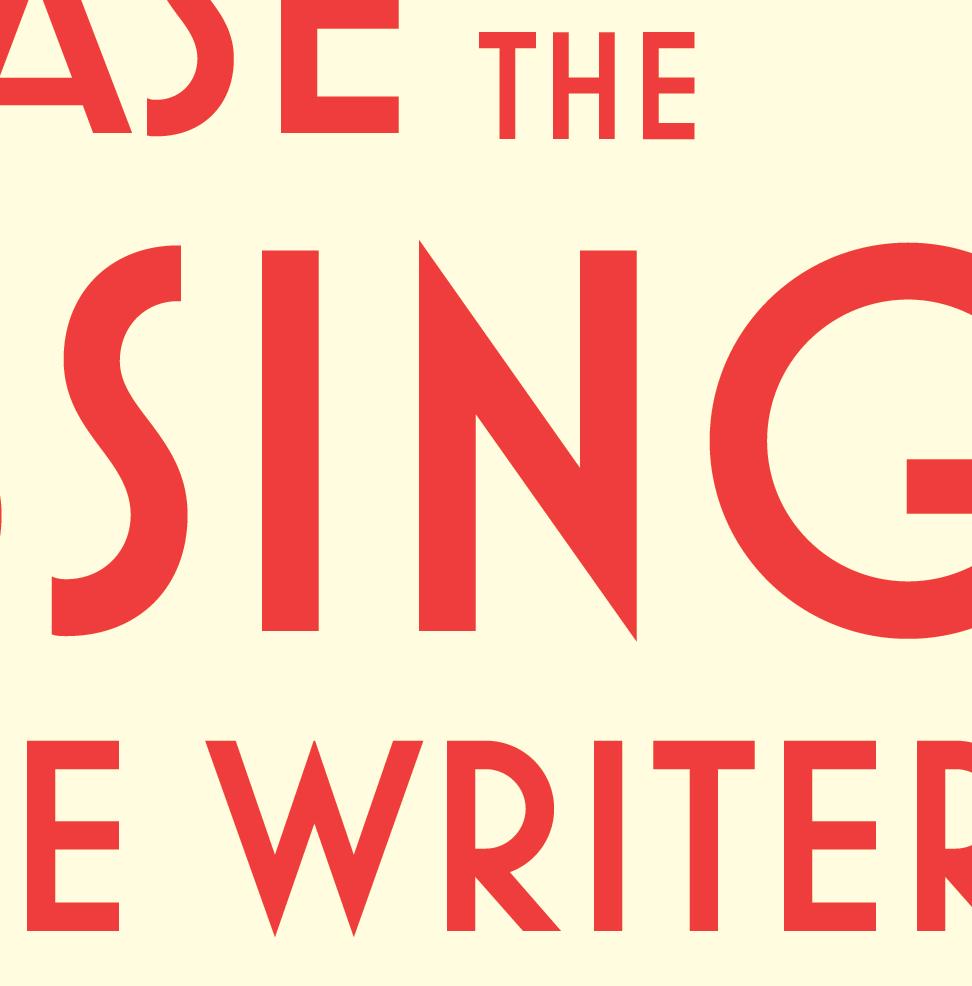
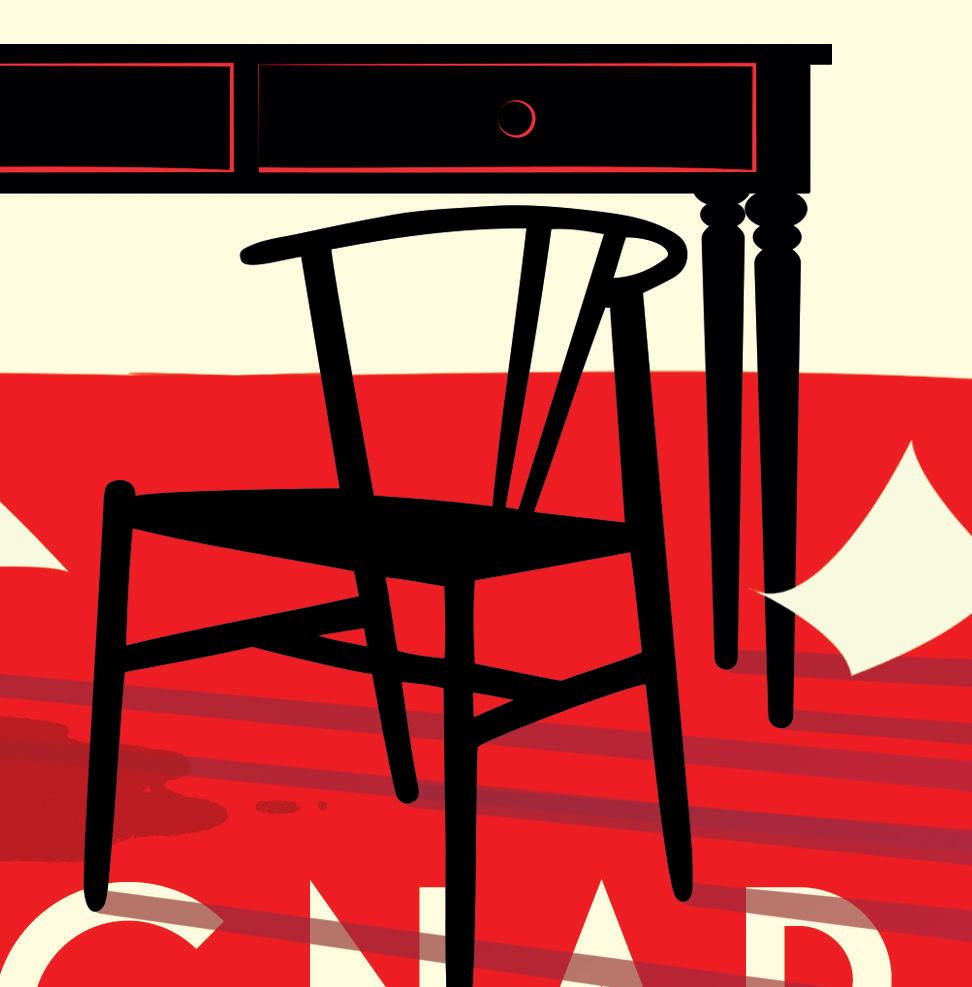
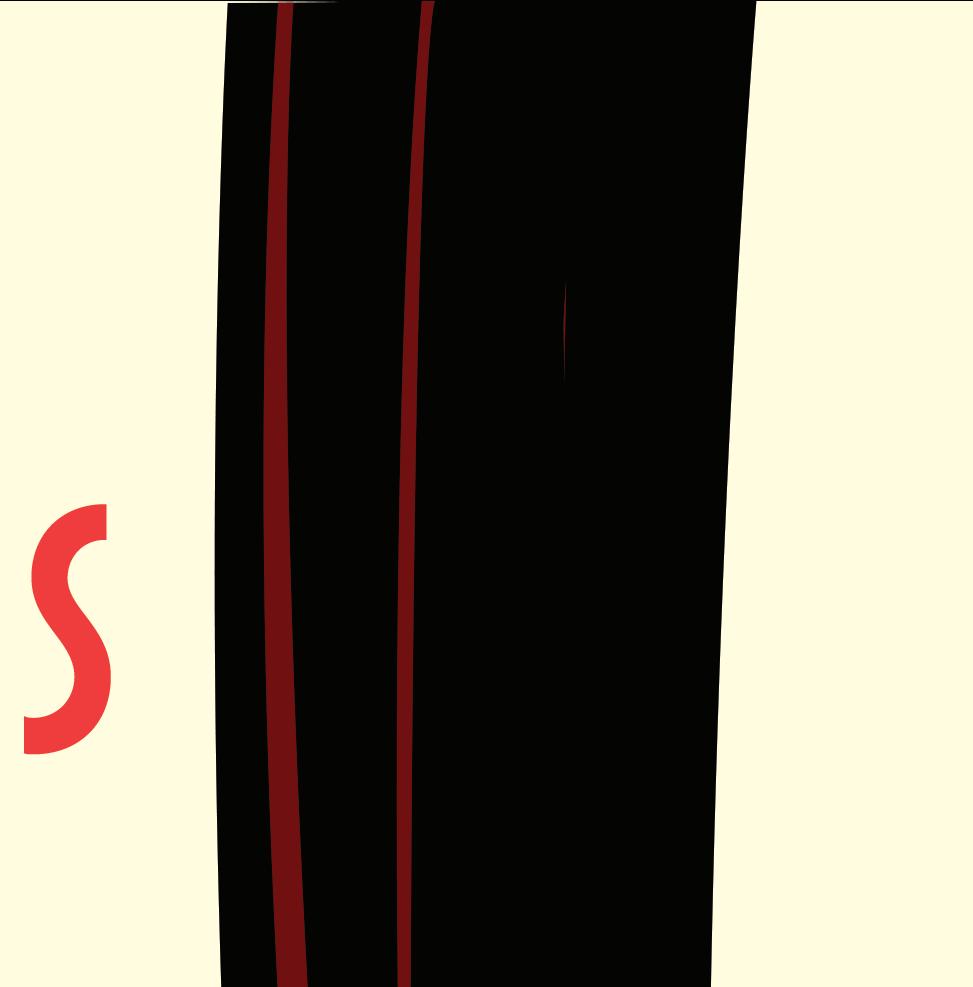

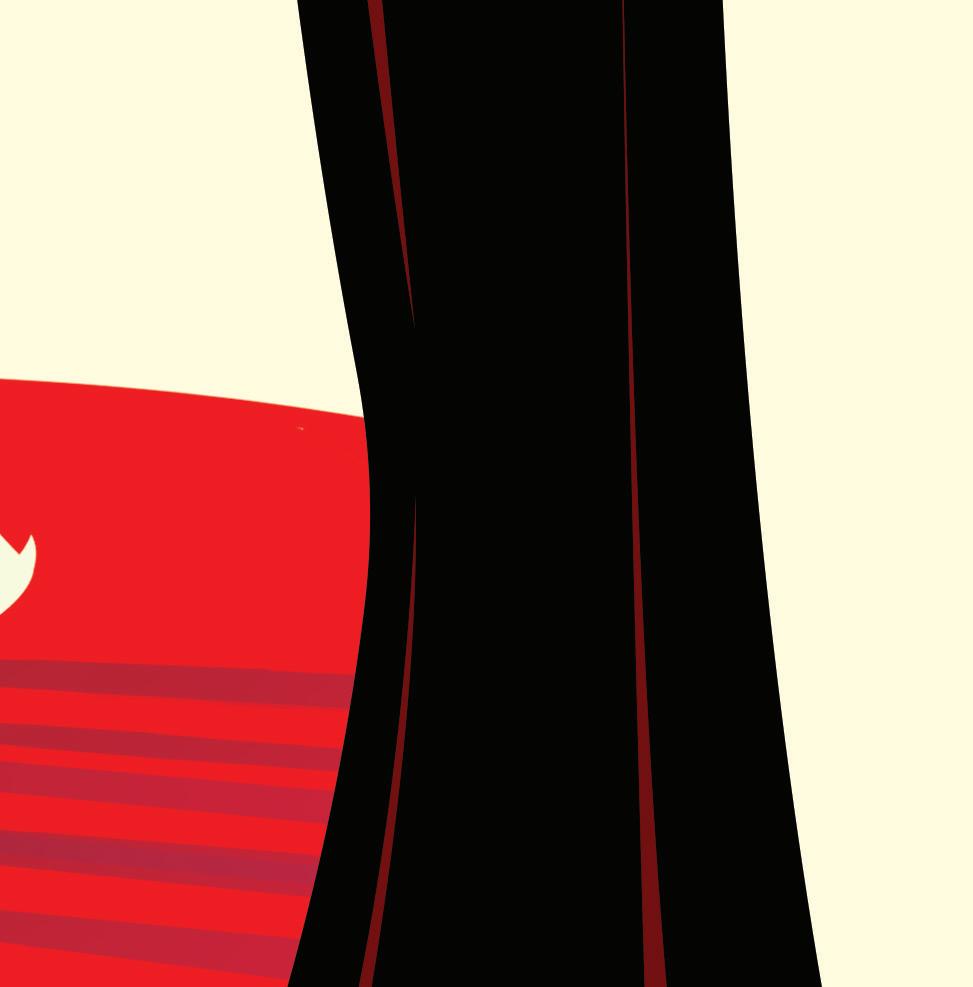
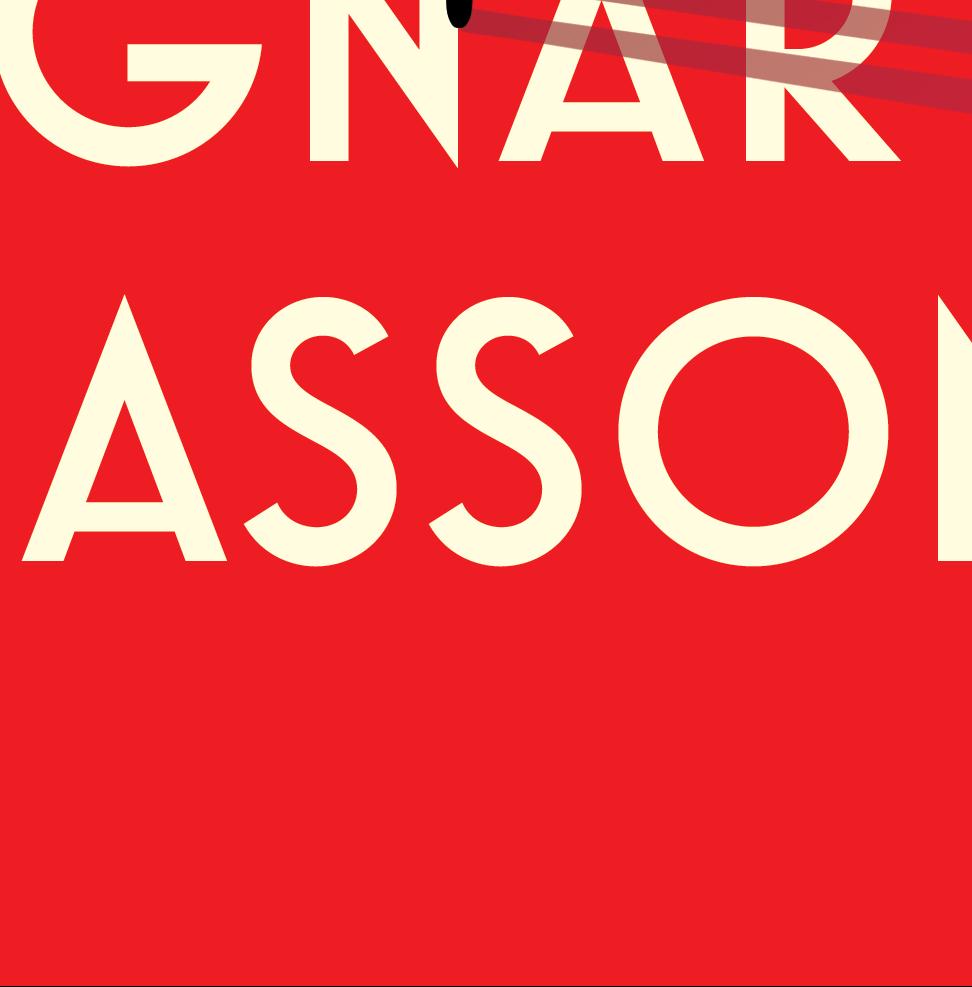
‘Is this the best crime writer in the world today?’ The Times

The Mysterious Case of the Missing Crime Writer
By
the same author
The Darkness
The Island
The Mist
The Girl Who Died Outside
Reykjavík (with Katrín Jakobsdottír )
Death at the Sanatorium












‘Is this the best crime writer in the world today?’ The Times

By
the same author
The Darkness
The Island
The Mist
The Girl Who Died Outside
Reykjavík (with Katrín Jakobsdottír )
Death at the Sanatorium
ragnar jónasson
Translated from the Icelandic by
Victoria Cribb
UK | USA | Canada | Ireland | Australia
India | New Zealand | South Africa
Penguin Michael Joseph is part of the Penguin Random House group of companies whose addresses can be found at global.penguinrandomhouse.com.
Penguin Random House UK
One Embassy Gardens, 8 Viaduct Gardens, London sw 11 7bw penguin.co.uk
First published in Iceland with the title Hvítalogn by Veröld Publishing 2023
First published in Great Britain 2025
Copyright © Ragnar Jónasson, 2023
English translation copyright © Victoria Cribb, 2025
The moral right of the author and the translator has been asserted.
Penguin Random House values and supports copyright. Copyright fuels creativity, encourages diverse voices, promotes freedom of expression and supports a vibrant culture. Thank you for purchasing an authorized edition of this book and for respecting intellectual property laws by not reproducing, scanning or distributing any part of it by any means without permission. You are supporting authors and enabling Penguin Random House to continue to publish books for everyone. No part of this book may be used or reproduced in any manner for the purpose of training artificial intelligence technologies or systems. In accordance with Article 4(3) of the DSM Directive 2019/790, Penguin Random House expressly reserves this work from the text and data mining exception.
Set in 13.75/16.25pt Garamond MT Std Typeset by Jouve (UK ), Milton Keynes
Printed and bound in Great Britain by Clays Ltd, Elcograf S.p.A.
The authorized representative in the EEA is Penguin Random House Ireland, Morrison Chambers, 32 Nassau Street, Dublin d 02 yh 68
This book has been translated with a financial support from:
A CIP catalogue record for this book is available from the British Library.
hardback isbn: 978– 0– 241– 71110– 1
trade paperback isbn: 978– 0– 241– 71111– 8
Penguin Random House is committed to a sustainable future for our business, our readers and our planet. This book is made from Forest Stewardship Council® certified paper.
Guðjónsdóttir (1950–2023)
In memory of my beloved mother
Special thanks are due to Jónas Ragnarsson and Hulda María Stefánsdóttir for reading over the manuscript, and to Dr John Curran for his suggestions of golden-age crime novels for Helgi Reykdal’s reading list.
Agatha Christie (1890–1976): Peril at End House (1932)
S. S. Van Dine (1888–1939): The Dragon Murder Case (1933)
Anthony Berkeley (1893–1971): Cicely Disappears (The Wintringham Mystery) (1927)
John Dickson Carr (Carter Dickson) (1906–77): A Graveyard to Let (1949)
Josephine Tey (1896–1952): Brat Farrar (1949)
Publication Day for Elín’s Tenth – and Final – Book
Today sees the publication of Deadline, the latest novel by bestselling author Elín S. Jónsdóttir. It is Elín’s tenth book and, she has revealed, her last. ‘Ten books in twenty years is more than enough,’ Elín declared in a brief chat with Morgunbladid. ‘From now on I’m going to devote myself to reading.’ The author, who turned sixty earlier this year, published her first book in 1984. The work in question, White Calm, was recently included in a list of the best crime novels of the twentieth century by Norway’s Aftenposten newspaper. Elín has been hailed as a pioneer of Icelandic crime writing. She has received numerous awards for her books, which have sold millions of copies around the world. Three years ago, plans were announced for a TV series based on the novels, a co- production between Germany and the UK. Filming is already well under way on what’s anticipated to be the most expensive series ever adapted from an Icelandic work
ragnar jónasson of fiction, and the first episodes, based on White Calm , are due to be aired next year. According to Rut Thoroddsen, Elín’s Icelandic publisher, the rights to the new novel, Deadline , have already been sold to twenty countries.
[hissing]
I’m happiest in that vague borderland between daylight and shadows; that’s where I go in search of stories to tell, particularly stories about crimes. I used to read all kinds of books before I began writing myself, and what I noticed was that the ones that really held my attention, that made the most indelible impression on me, were the ones that were concerned with justice and punishment. That’s the theme of most novels, one way or another; crime is the driving force of the narrative, even if we’re reading about something quite unrelated along the way. I suppose I must have been about thirty when I set about systematically working my way through the detective fiction canon, starting with
Agatha Christie, Dorothy L. Sayers and other classic authors of the twenties and thirties, before moving on to the Swedish husband-and-wife team Sjöwall and Wahlöö, whose stories were hugely popular at that time in the seventies, then anything I could find on the bookshelves of friends and relatives.
I read very widely. Whenever I have a free moment, I pick up a book. It keeps me going, keeps me young. That’s what books are for: they help you travel to places you wouldn’t otherwise be able to visit, journey through worlds that don’t exist. At Christmas all I want from my friends are books; there’s no other feeling as tantalizing as opening a parcel containing a volume you haven’t yet read or weren’t even aware existed. For me, Christmas is basically a good book, and it’s the same with holidays – they’re just an excuse for me to indulge my passion for reading in new surroundings.
Which gives you more pleasure, Elín, writing books or reading them?
[pause]
the mysterious case
That’s an excellent question. I don’t remember being asked that before. Although I never feel more alive than when I’m writing, I’d be the first to admit that reading is easier. Less effort, more relaxing, which is how it should be, of course. But I’ve never regarded writing as work; it’s too enjoyable for that. A blank page is like a challenge that I feel compelled to take up. Of course, I started writing long before my first book was published, but that was just for my drawer and will never see the light of day. It’s for my eyes only. And I still write for myself, for my own entertainment.
Speaking of which, you stopped after ten crime novels in . . .
Ten novels about crimes, yes.
Ten novels about crimes, in almost twenty years. One book every two years, as regular as clockwork. As clockwork? I don’t know if that’s a good analogy. A clock ticks a lot faster than me.
But then you stopped?
Yes, it was enough. The series was complete and I was satisfied with the final shape.
Did it never occur to you to write one more, or even two? Just to take advantage of the momentum, to ride the wave of your popularity?
Never. I won’t pretend that I planned it that way from the beginning, from my first book, but after two or three I began to calculate how old I’d be after ten – I’d be twenty years older – and that seemed like a suitable time to stop. Then the series began to take on an overall shape. Really, I should be grateful that I was given the chance to finish it.
I’ve heard that you write your books longhand or at least that you used to in the early years.
Yes, right up to the last. That’s how I was taught to write when I was young, to write stories, physically wielding a pen. I used to do it for my own amusement. I still sit at this desk, in this shabby old chair, and write by hand. You may have noticed that the computer is placed behind me, not on the desk itself. That’s the way it should be. You should only use it for assistance. I regard the computer as no more than a reference tool.
the mysterious case
You were over forty when your first crime novel came out in 1984, and you’d never had anything published before that, not even a short story in a newspaper or magazine. Its appearance took everyone by surprise. It’s unusual to start writing that late, isn’t it?
Unusual, maybe, I suppose I’ll have to concede that, but I think sometimes you need a degree of maturity before taking a step that large. Because publishing a book is no joke, you know. It isn’t so much the writing, it’s having to share your thoughts with anyone who cares to read them that’s the hard part, even if we’re talking about fiction. After all, there’s always a grain of truth in every novel. Incidentally, since you brought up the question of age, P. D. James started writing crime novels relatively late, when she was in her forties, and she’s still at it, and only gets better with age. Anyway, writing makes me happy. It feels good to create something. For me, the pleasure lies in the physical act of writing, getting the text down on paper – quite literally, as I said. On the other hand, there’s nothing more tedious than having to reread your own work. With every edit, something dies inside you – it’s like
ragnar jónasson
losing a little piece of yourself each time. Meanwhile the hourglass is running out and you can see your soul reflected there; watch it gradually trickling away. Only then do you fully understand the meaning of lost time.
[pause]
Has it been an enjoyable journey?
It’s not over yet. I’m still going strong, though I’m not producing any novels. I still love all the buzz around it, love telling people about my books and chatting to my readers both here in Iceland and abroad. Though I travel less often than I used to, I still make the odd trip. It’s a wonderful feeling to have reached so many readers, perhaps encouraged someone who didn’t read much before to pick up a book. Introduced them to the magic of literature.
Sjöwall and Wahlöö also wrote exactly ten books. Is that where the idea came from? You know, that question isn’t quite as original as the one you asked before. I’ve answered it so often. Sjöwall and Wahlöö didn’t have exclusive rights to that number, but I probably did have the
the mysterious case thought at the back of my mind. Like so many other good authors, they taught me to write about crime, though personally I think I have more in common with Christie and Sayers.
You’ve lived alone in recent years, haven’t you? For most of your life, in fact? Is it a solitary existence or do the books keep you company?
[pause]
If you don’t mind, I’d rather not go into that. I’ve kept my personal life out of the limelight, as you know. Let’s just stick to books for now.
[pause]
Looking back, do you have any regrets? I suggest we take a short break here. We can carry on afterwards.
[hissing]
thursday
Thursday, 1 November
This was Helgi Reykdal’s happy place.
The worn but comfy chair in the corner, where he could quite literally breathe in the sweet smell of old books. Hardbacks, paperbacks, they covered the walls and were stacked in piles on the floor and most other surfaces in the shop. There were books everywhere, and if things went on like this, with more coming in than out, it wouldn’t be long before the aisles filled up and any visitor would merely be in the way, hardly able to move between the stacks. In fact, you could say the books had long ago gained primacy in the shop, which seemed to have taken on a life of its own, independent of owners, staff or customers. Piles of books for books’ sake, not because there was any likelihood of them being sold.
The air was thick with dust, but this didn’t bother Helgi, who found the mess charming rather than oppressive. The shop was closed, he was alone in here
ragnar jónasson and the only hint that it was the twenty- first century outside was the mobile phone lying on top of the pile beside him.
At around the time Helgi split up from his long-term girlfriend, Bergthóra, he’d learnt that the woman who had bought the family’s second-hand bookshop in the little northern town of Akureyri was struggling to make ends meet and wouldn’t be able to honour the final payment.
Things had a way of all happening at once, but instead of being downhearted by these developments, Helgi tried to look on the bright side. His break-up was a good thing, from any point of view. He and Bergthóra had no children and their relationship had run its course a long time ago. The final straw had come when she attacked him with a wine bottle in a drunken rage, smashing it over his head so hard that he had blacked out.
Then there was the shop. His father had spent many hours sitting in this very chair, dipping into books with Helgi at his feet, first as a child, later as an adolescent, being introduced to the magic of stories. He had so many memories from this little shop, which meant more to him than almost anywhere else in the world. Sadly, not many other people appreciated the treasures it contained. They’d had an awful job selling the place after Helgi’s father died, and now, as the majority owner, Helgi found himself back in the lap of his memories. The middle-aged woman who had attempted to buy the place still held a small share. She and Helgi had agreed that she could stay on and run the shop on a day-to-day basis, in return for a
mysterious case
percentage of the book sales, though these tended to be meagre at best.
Since fate had willed it that the bookshop should end up back in the hands of Helgi’s family, he had no intention of selling it again. Some of his colleagues dreamt of retiring to the sun, opening a small bar or B&B perhaps, but he pictured himself here in his later years. Behind the counter like his late father, selling books to invisible customers. The key was to regard it as a vocation rather than a job.
But all that was in the future. For now, Helgi had the shop to himself. He had come across a rare old Icelandic translation of Agatha Christie’s Peril at End House and had settled down to read it, though he wasn’t really concentrating on the plot so much as savouring the atmosphere. Perfect peace, surrounded by books, and only a week left of what had turned into a sort of winter holiday. He had come up north to stay with his mother, who had recently been discharged from hospital. And although he didn’t waste any time thinking about Bergthóra these days and had long ago stopped responding to her messages, he couldn’t deny that it was good to get away from Reykjavík for a bit. To say that Bergthóra hadn’t taken their breakup well would be an understatement; for a while she had refused to accept it. At least here in Akureyri there was less chance of running into her.
He’d been forced to move and make a new start, and had tentatively embarked on a new relationship too. The girl’s name was Aníta. They’d met briefly earlier that year, just after he had joined the police. Aníta worked for
ragnar jónasson
the Directorate of Health and had helped him with his investigation into the deaths at the old sanatorium outside Akureyri. A couple of weeks later she’d got in touch to ask how the case had gone and they had met up for coffee. By then Helgi had broken it to Bergthóra that they had no future together, though it had taken a while longer to close that chapter of his life.
Now the next chapter had begun. He and Aníta had been together for three months, but he hadn’t introduced her to his mother, not yet. They both wanted to take things slowly. Aníta had stayed behind in Reykjavík to work, though they had discussed the possibility of her coming north to Akureyri with him at Christmas.
At that moment Helgi’s reverie was shattered by the ringing of his phone. He had forgotten to mute it as he usually did when he was reading. When he was off duty, he found that, as a rule, most things could wait.
His heart sank when he saw that the caller was his boss from Reykjavík CID.
Helgi laid the Agatha Christie down as gently as if it were a fragile treasure and took a deep breath before answering.
‘Helgi, Magnús here. How’s it going?’ The greeting was friendly enough but there was an undertone there that Helgi didn’t entirely like.
‘I’m fine, thanks. Still up north.’
‘Yes, right. And your mother, is she improving?’
‘She’s getting there.’ His mother, who had been undergoing rehabilitation following an operation, was making slow but steady progress.
the mysterious case
‘I’m very reluctant to bother you during your break, but it occurred to me that you might like . . . how shall I put it? . . . the chance to jump on board a case.’
Helgi rolled his eyes and got to his feet. The atmosphere had been ruined. Whatever it was that Magnús wanted, he suspected it would mean returning to Reykjavík sooner than planned.
‘Fire away,’ he said, rather curtly, but then it wasn’t always easy to hide one’s feelings.
‘The thing is, knowing that you’re such a fan of crime fiction . . .’ Magnús said, no doubt by way of introduction to the real business.
‘That’s right,’ Helgi replied, well aware that his colleagues sometimes made fun of his passion. He invariably carried a book around with him and spent any free time at the station reading instead of chatting to people in the coffee room.
He glanced around him. The shelves were sagging under their tempting load and he felt an almost overwhelming urge to hang up on his boss.
‘Well, it just so happens that an author has gone missing,’ Magnús said.
‘What?’
‘A crime novelist, what’s more. It occurred to me that it would be right up your street.’
At first Helgi thought he must have misheard, then he wondered if Magnús was taking the mickey out of him, for reasons that were obscure.
‘Who’s gone missing? I’m not with you.’
‘Elín S. Jónsdóttir. You’ll know the name.’
ragnar jónasson
‘Of course I do.’ It would be no exaggeration to say that pretty much anyone who read books would know who she was. Her novels, all ten of them, had sold by the truckload over the last thirty years. She had set out to write crime fiction in Icelandic long before the genre had become such an unmissable feature of Iceland’s Christmas book flood, and she’d gradually built up a readership until her novels became instant bestsellers on publication, every other year. And she was no less popular abroad. Then she had abruptly stopped writing on the grounds that her series was complete and she ‘had nothing more to say’, as he remembered her once putting it in an interview. Naturally, he’d read all her books. There were bound to be copies on the shelves surrounding him at this moment. ‘Has she literally disappeared?’ he asked. ‘Without a trace, I think I can safely say. Her publisher got in touch. No one’s heard from her for several days and she’s not at home.’
Helgi’s imagination instantly took flight. He didn’t know Elín personally, he’d never met her, but the case fired up his interest to such a degree that he was even prepared to cut short his holiday and return to Reykjavík. It was the link to literature, the intriguing fact – if he were honest – that a crime novelist should become the subject of a criminal investigation.
What’s more, he had to admit to himself that he was secretly thrilled at the chance to take part in or even run an investigation that would be in the media spotlight. Missing-persons cases didn’t always attract much attention in Iceland; often they were private tragedies that had
the mysterious case no public interest angle, and reporters tended to keep their coverage to a minimum, but there was no way this news would go under the radar, whatever lay behind it.
‘That’s unbelievable,’ he said. ‘Terrible. Are there any clues to what might have happened?’
‘It’s all very recent; the notification has only just landed on my desk. Luckily, the press haven’t got wind of it yet, and I’ve still got to assign the case . . .’
The offer dangled in the air.
‘I’ll take it,’ Helgi said decisively. ‘I can head back to town today, be with you by this evening.’ Excitement bubbled up inside him. This was what it was all about: the chance to tackle demanding cases, under pressure, and emerge victorious.
‘I’m delighted to hear it. Why don’t you fly? You can fetch your car later. We can’t afford to let the trail go cold, Helgi.’
He considered this for a moment and realized that Magnús was right. At least it would give him an excuse to fly back up north at his employer’s expense to fetch his car and he’d be able to pay his mother another visit at the same time. He could always borrow a police vehicle while in town.
His mother would understand.
‘OK , I’ll be with you this afternoon.’
‘Now you’re talking, Helgi. I doubt anything’s going to happen over the next couple of hours but after that the ball’s in your court. Mind you, for all we know she may suddenly pop up at lunchtime, back from a holiday or something like that. If not, we’ll just have to pull out
ragnar jónasson
all the stops and be ready with some answers, show that we’re taking it seriously. I think we should give ourselves a few days to solve it before issuing a press release. We’ll be under a lot of pressure from the public. But you can handle it, Helgi.’
Helgi had a horrible feeling that this was the explanation for the phone call: Magnús wanted a scapegoat to take the heat if the author didn’t turn up soon. Whereas it went without saying that Magnús would get all the credit if the mystery was solved quickly and successfully.
‘But don’t worry, you have my complete confidence,’ Magnús added, in that smarmy tone of his. ‘Anyway, it may just be a false alarm. Maybe . . . er . . . maybe she got lost in one of her own books.’
[hissing]
As the years pass and one gets older, one’s thoughts tend to become more preoccupied with time. At least, mine do. It’s unsettling wondering what I could have changed. Could I have lived my life differently? You’re still relatively young, so it probably hasn’t sunk in yet . . .
Yes, it has. We only get one life so we should live it well.
Yes, I couldn’t have put it better myself. One life, so . . .
[pause]
Would you like to take a break? Shall I switch off the tape recorder? No, there’s really no need. Sorry for the hesitation. You’ll edit it as you think best. Make me look good.
Of course. Anyway, I didn’t mean to interrupt. Didn’t mean to upset your flow . . . [pause]
Time, ah yes, that’s what I was talking about. Live life well, you said, but sometimes we need to break with habit, smash a few eggs along the way, do something unexpected. Take a chance. You know?
Yes.
Listen to your heart. That’s vital. Often you don’t even know what your heart is saying. The messages are confused, misleading, the road is winding, the way is never straight, and that’s all fine. Right and wrong depend on one’s perspective. Sometimes, though not always. In some cases, the line is perfectly clear, but we can talk about that at the end. Oh, can I offer you a refill?